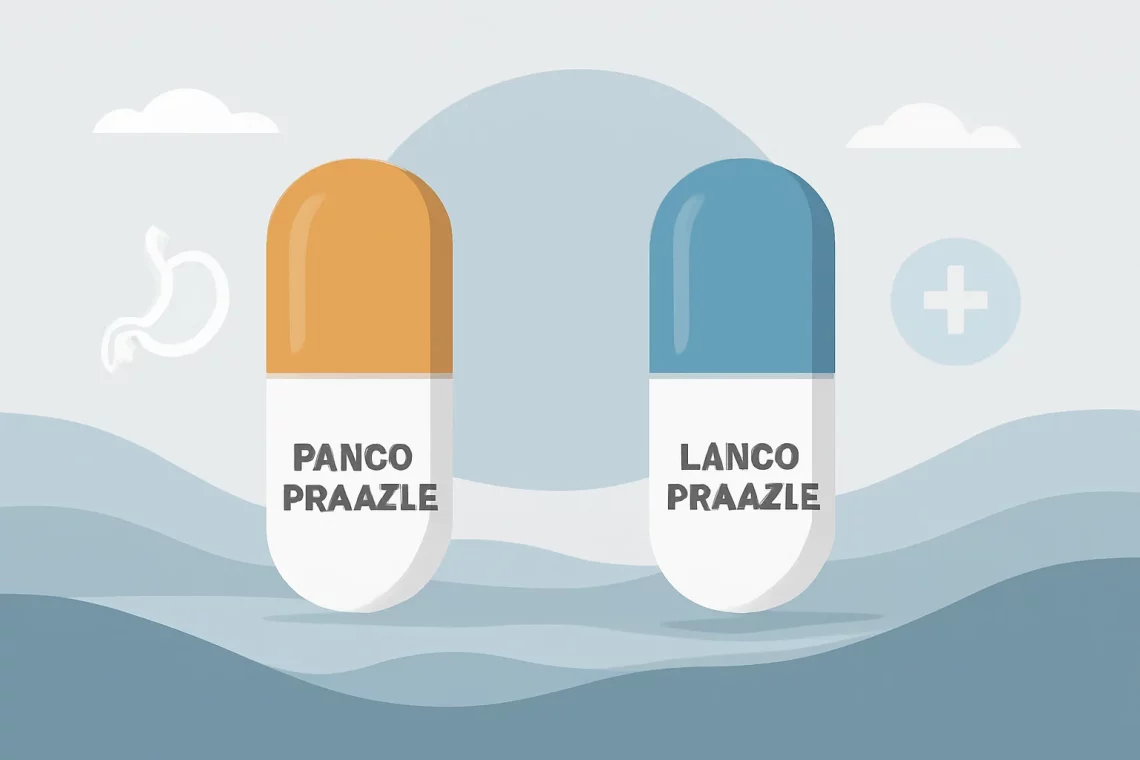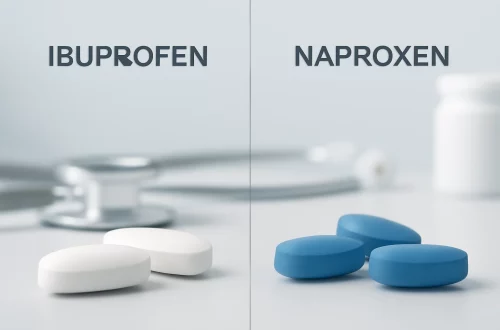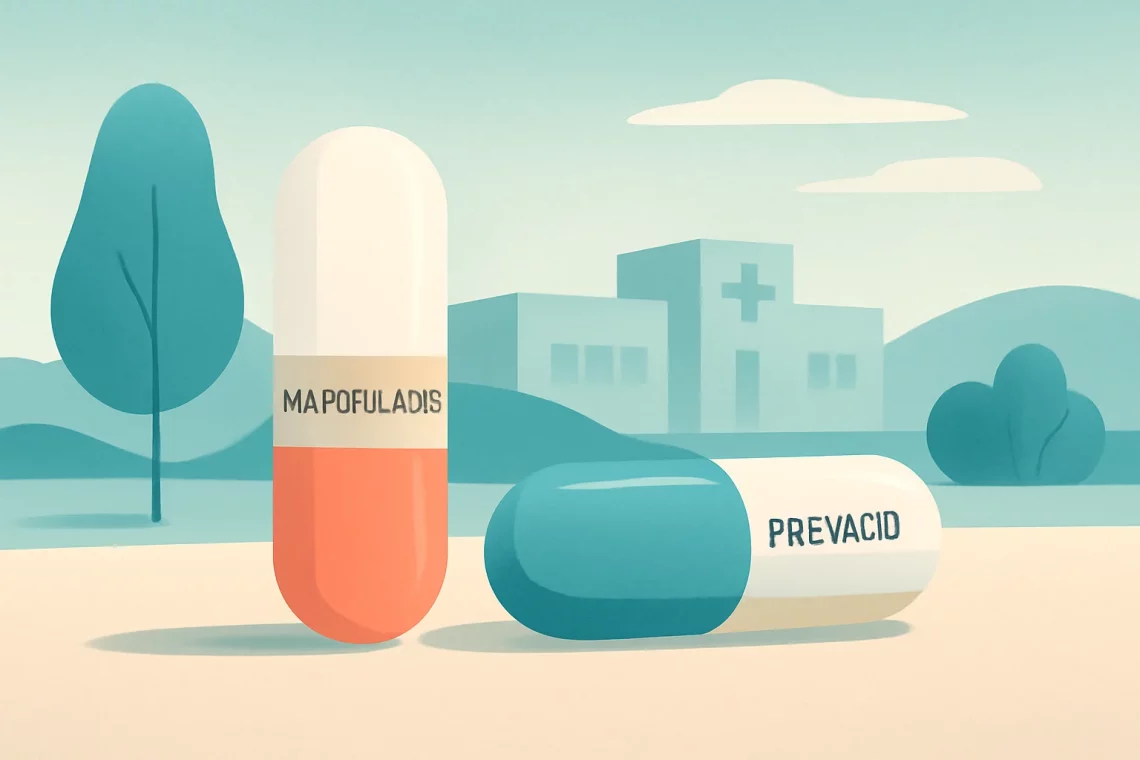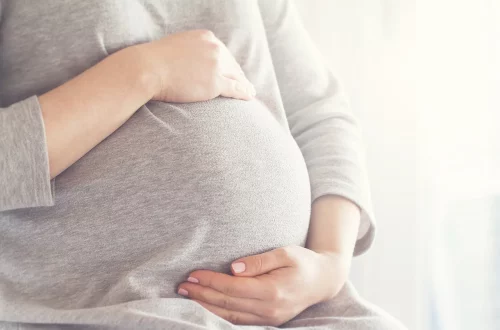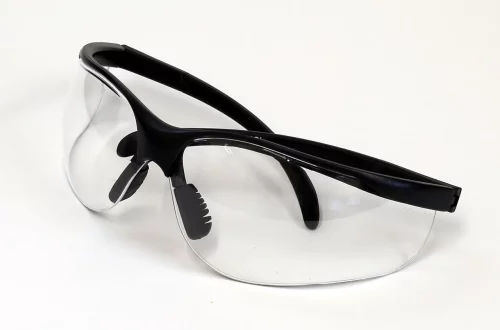-
Pantoprazole vs Lansoprazole Which is Better for Acid Reflux Treatment
Pantoprazole and lansoprazole are two widely used medications belonging to a class of drugs known as proton pump inhibitors (PPIs). These medications play a crucial role in managing conditions associated with excessive stomach acid production, such as gastroesophageal reflux disease (GERD), peptic ulcers, and Zollinger-Ellison syndrome. By effectively reducing the amount of acid produced by the stomach, pantoprazole and lansoprazole can alleviate symptoms such as heartburn, regurgitation, and discomfort associated with these conditions. The mechanism of action for both pantoprazole and lansoprazole involves the inhibition of the proton pump in the gastric lining, which is responsible for the secretion of gastric acid. Despite their similar functions, there are distinct differences…
-
Pantoprazole vs Prevacid: Which Proton Pump Inhibitor is Better?
Pantoprazole and Prevacid are two medications commonly used to treat conditions related to excessive stomach acid, such as gastroesophageal reflux disease (GERD) and peptic ulcers. Both drugs fall under the category of proton pump inhibitors (PPIs), which work by blocking the proton pump in the stomach lining, thereby reducing the production of gastric acid. The increasing prevalence of acid-related disorders in the modern world has led to a growing interest in these medications, as they offer relief from discomfort and help prevent more severe complications. Understanding the differences and similarities between Pantoprazole and Prevacid is essential for patients and healthcare providers alike. With various options available, choosing the right medication…
-
Trouble Breathing After Eating: Causes and Solutions Explained
Breathing difficulties after meals can be a disconcerting experience, often leading to confusion and concern. Many individuals may find themselves suddenly short of breath or feeling tightness in their chest following a meal, prompting them to question the underlying causes of this unsettling sensation. While occasional discomfort can stem from overeating or consuming certain foods, persistent breathing issues warrant a closer examination. The body’s response to food is complex and involves various systems, including digestion and respiration. After eating, the body diverts blood flow to the digestive tract, which can sometimes lead to feelings of breathlessness. Factors such as food allergies, acid reflux, and even anxiety can contribute to these…
-
Trouble Breathing After Eating: Causes and Solutions to Consider
Breathing difficulties after eating can be a perplexing and concerning experience for many individuals. This phenomenon can manifest in various ways, from a mild feeling of tightness in the chest to more severe respiratory issues. Often, the experience can be unsettling, leading to anxiety and discomfort. Understanding the underlying causes of these symptoms is crucial, as they can stem from a multitude of factors, ranging from dietary choices to underlying health conditions. When we eat, our bodies undergo a series of complex physiological processes aimed at digestion. This can sometimes impact our respiratory system, especially if certain foods are involved or if there is an existing health condition. Factors such…
